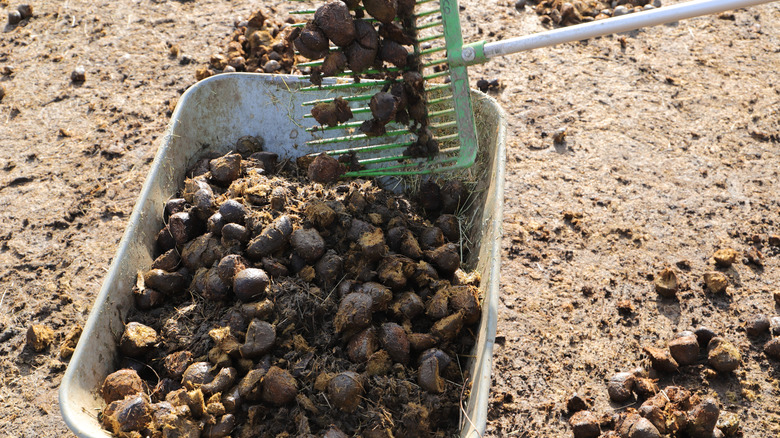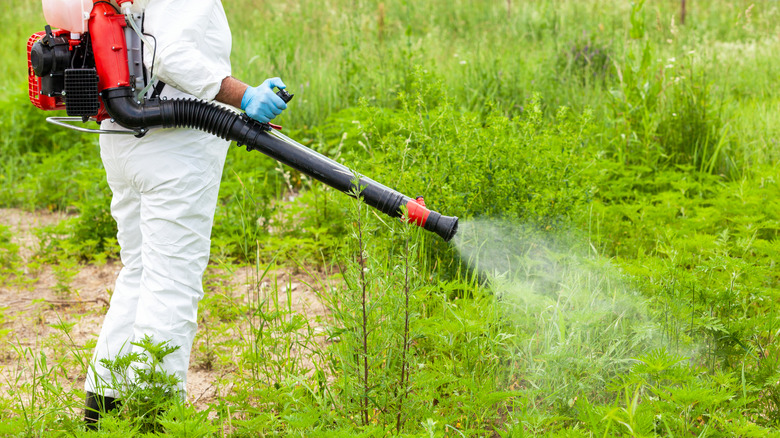Why You Should Be Careful When Using Manure To Improve Your Soil
Animal manure remains one of the best amendments you can make to your soil, but there are important mistakes to avoid when using manure in your yard or garden. One of these is failing to ensure your manure is free of pesticides, especially herbicide residues. If the manure comes from your own livestock, you'll have a pretty good idea of whether these chemicals have contaminated your manure; however, if you obtained it elsewhere, you'll want to ask questions, such as where the animal's food supply came from, and perhaps do some testing.
Of particular concern are pyridine carboxylic acid herbicides, including aminopyralid, clopyralid, and picloram. These herbicides are used to control weeds and eventually break down after passing through an animal's digestive system. They decompose especially slowly in manure, though, even taking up to a year or more. Damage can be significant for plants, such as tomatoes, lettuce, and strawberries, exposed to these herbicides in manure and can include weak seed germination, dead seedlings, and malformed leaves.
How to assess manure for herbicides before using it on soil
You'll want to ask manure producers what their animals were fed and whether herbicides were used on pasture grass and hay. If herbicides were applied, you can spread the manure out in a field, where microbes, heat, and moisture can boost herbicide decomposition. Even if herbicides didn't exist, you should still hot-compost manure to kill any pathogens in it. Consider making your own DIY compost and adding additional organic materials to aid in herbicide removal as residues bond with the organic matter.
Manure earmarked for crops growing close to the ground, like root crops and greens, should not be used on garden soil until it has aged or composted at least 120 days and at least 90 days for other types of crops. It's always a good practice to wash vegetables before eating in case any herbicide residue slipped through.
If you can't find out whether the manure you obtained may have been exposed to herbicides, you can create a DIY bioassay to detect these herbicides by following these instructions from Montana State University. Some soil laboratories test for herbicides, but the tests can be expensive. Going forward, if you're using manure from your own livestock and herbicides for weeds, think about the safest types of weed killer to use in your garden.

